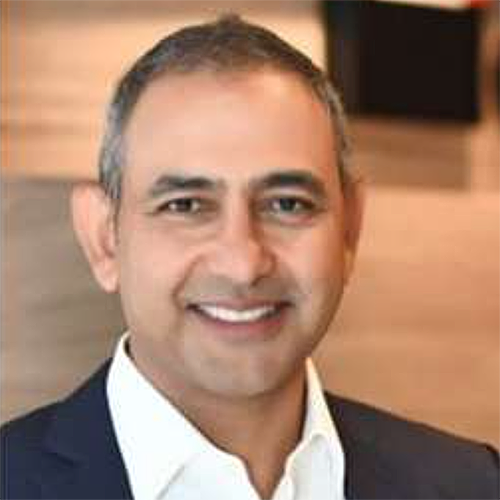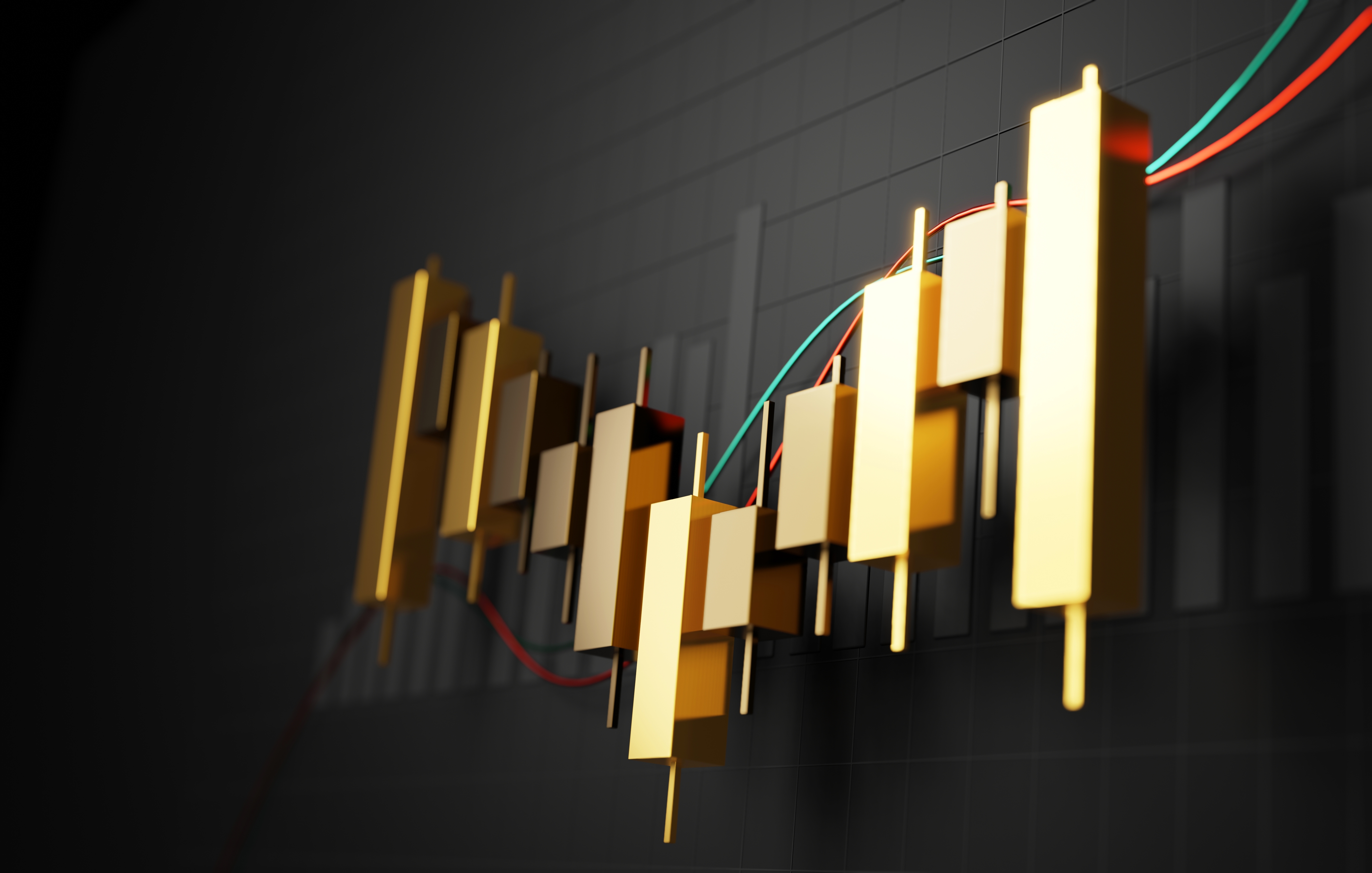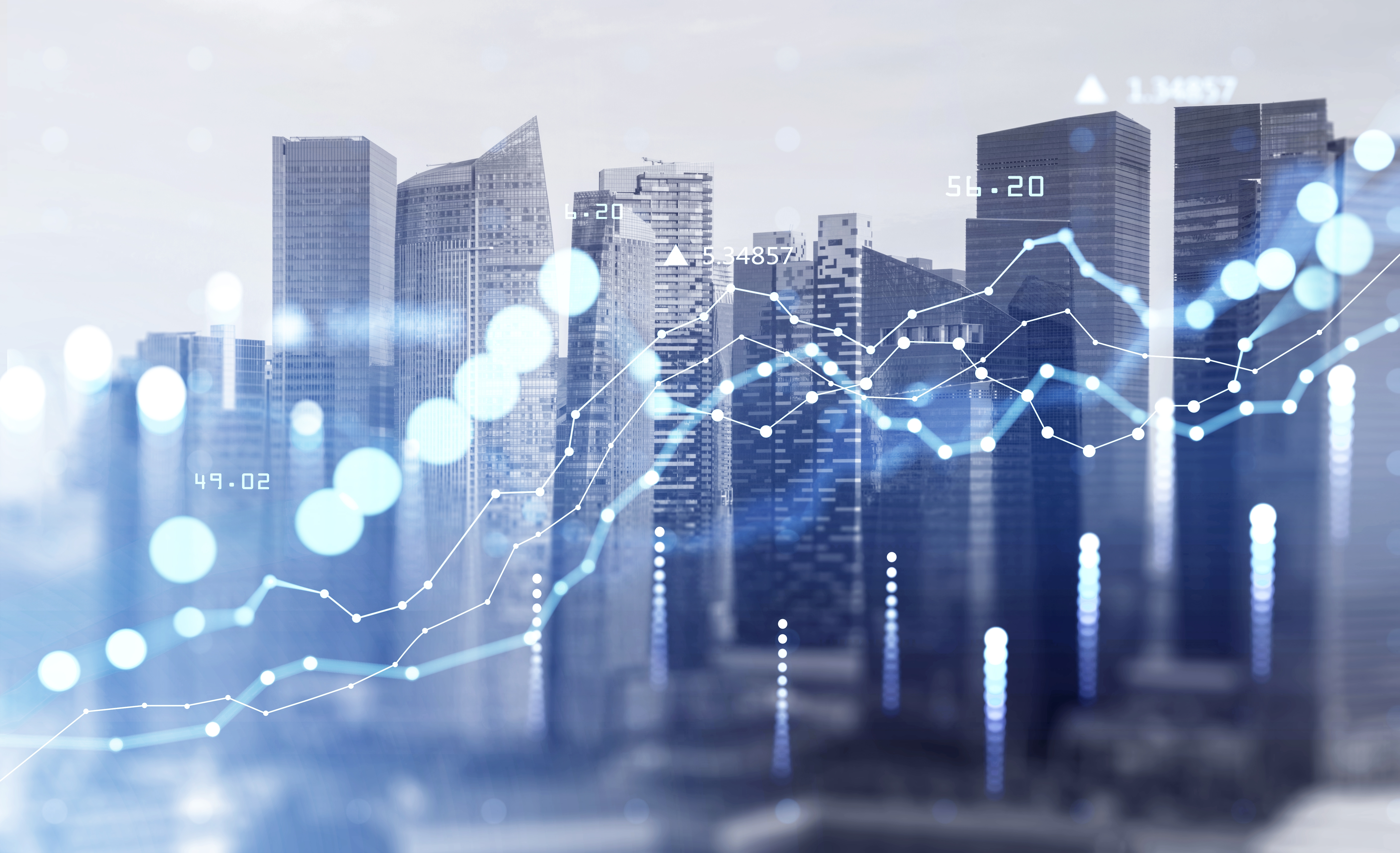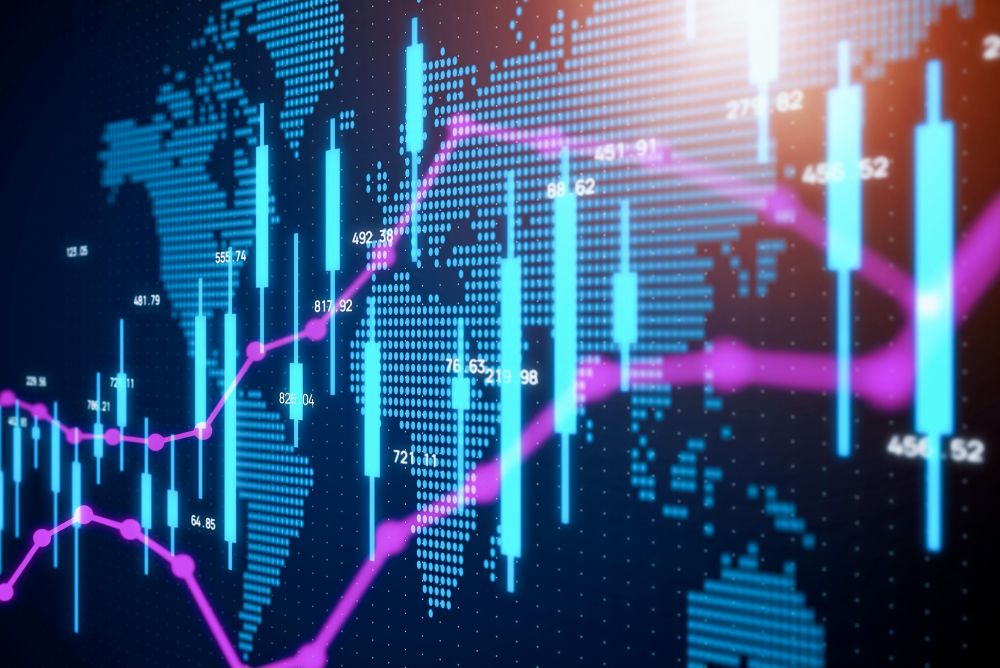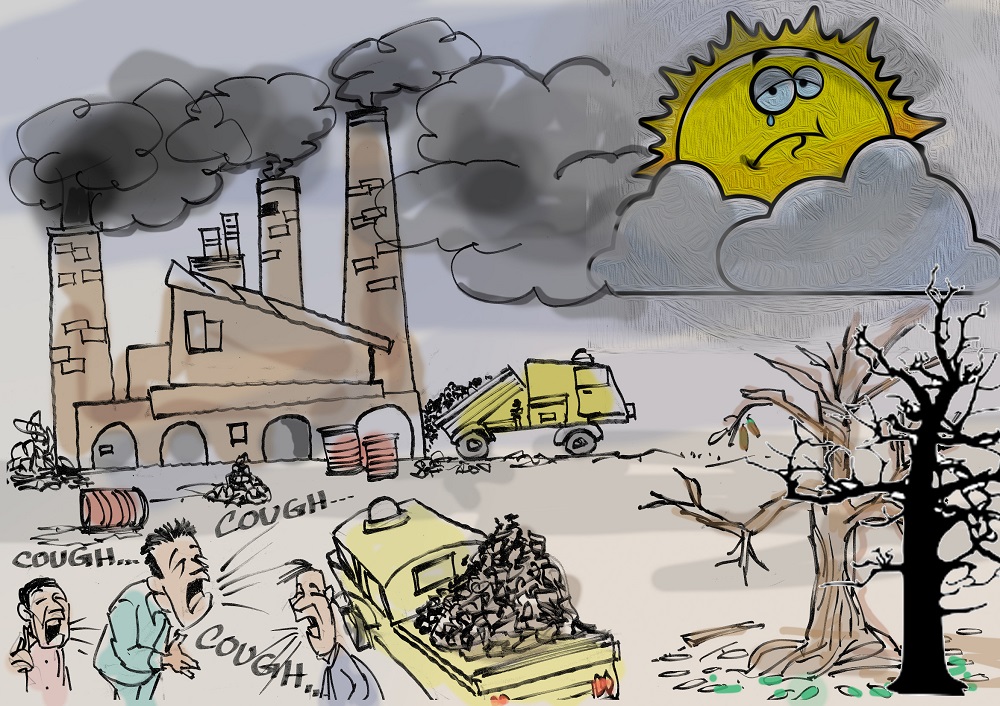
IN the two years since the signing of the Paris Climate Accord in 2015, investors, in particular life insurers, have increased divestments in coal, while large global and multilateral development banks (MDBs) back away from financing coal-related projects.
It has been two years since the 2015 United Nations Climate Change Conference (GOP21) was held in Paris between November 30 and December 12 2015.
Under the resulting Paris Climate Accord, countries agreed to keep global temperatures well below a two degrees Celsius rise above pre-industrial levels, with the ambition to limit the rise even further, to below 1.5 degrees Celsius. The agreement was a diplomatic and political triumph, which was later signed on April 22 2016 (Earth Day) in New York by 174 countries.
Since then, environmentally-conscious investing and financing has taken root in Asia. One notable trend has been the divesting of interests in the coal industry, particularly by life insurance companies. One recent report by Unfriend Coal estimates that over the past two years total coal divestments in the life insurance industry amounted to US$20 billion.
Just recently, insurer AXA announced it was increasing its divestment in coal from 500 million euros (US$587 million) to 2.4 billion euros, and from coal investments from companies which derive more than 50% of their revenue from coal, to companies which derive more than 30% of their revenues from coal, have a coal-based energy mix that exceeds 30%, actively build new coal plants, or produce more than 20 million tonnes of coal per year.
“Unsustainable business will become un-investable and uninsurable business”, points out AXA’s CEO, Thomas Buberl.
This month, the growing caution of banks to become involved in coal projects was highlighted by Industrial and Commercial Bank of China (ICBC) and China Construction Bank (CCB) both releasing statements denying any involvement in a major coal mining project in Australia, after it was rumoured Chinese banks, including ICBC and CCB, may step in to help fund the project.
“ICBC attaches great importance to its social responsibilities and keenly promotes green financing,” ICBC said in a statement.
The approach has been more nuanced for multilateral development banks (MDBs). MDBs have had, at times, a tricky line to walk, having a mandate to enhance infrastructure development in regions where cheap coal could bring much-needed energy development, but also maintaining a commitment to long-term sustainable financing.
This year, the Asian Infrastructure Investment Bank (AIIB) gave mixed messages regarding the inclusion of coal and gas-fired projects in transitioning its member countries towards clean energy. While the bank purports to be a “lean, clean and green” bank, the AIIB energy report in June 2017 stated:
“The bank will focus on supporting and accelerating its members’ respective transitions toward a low-carbon energy mix, including lower carbon emissions from fossil fuels... In many countries, gas-fired power generation would form part of such transition… Carbon efficient oil- and coal-fired power plants would be considered if they replace existing less efficient capacity or are essential to the reliability and integrity of the system, or if no viable or affordable alternative exists in specific cases.”
In other words, under certain circumstances the AIIB will still back coal-fired power plants. However, at the same time, MDBs have often been at the forefront of sustainable investments, committing over US$27 billion in climate finance in 2016.
A group of nine MDBs reiterated their commitments to tackle climate change at the COP23 Climate Conference in Boon, Germany, in 2017. In a jointly released statement, the banks, among other things, committed to: “Deliver on the promises that we made in 2015 to increase our support for climate investments in developing countries by 2020, both from our direct financing and from our mobilization efforts.”
The group of MDBs comprised the African Development Bank, the Islamic Development Bank, European Development Bank, Asian Development Bank, the AIIB, the Inter-American Development Bank, the World Bank Group, the New Development (BRICS) Bank, and the European Bank for Reconstruction and Development.


